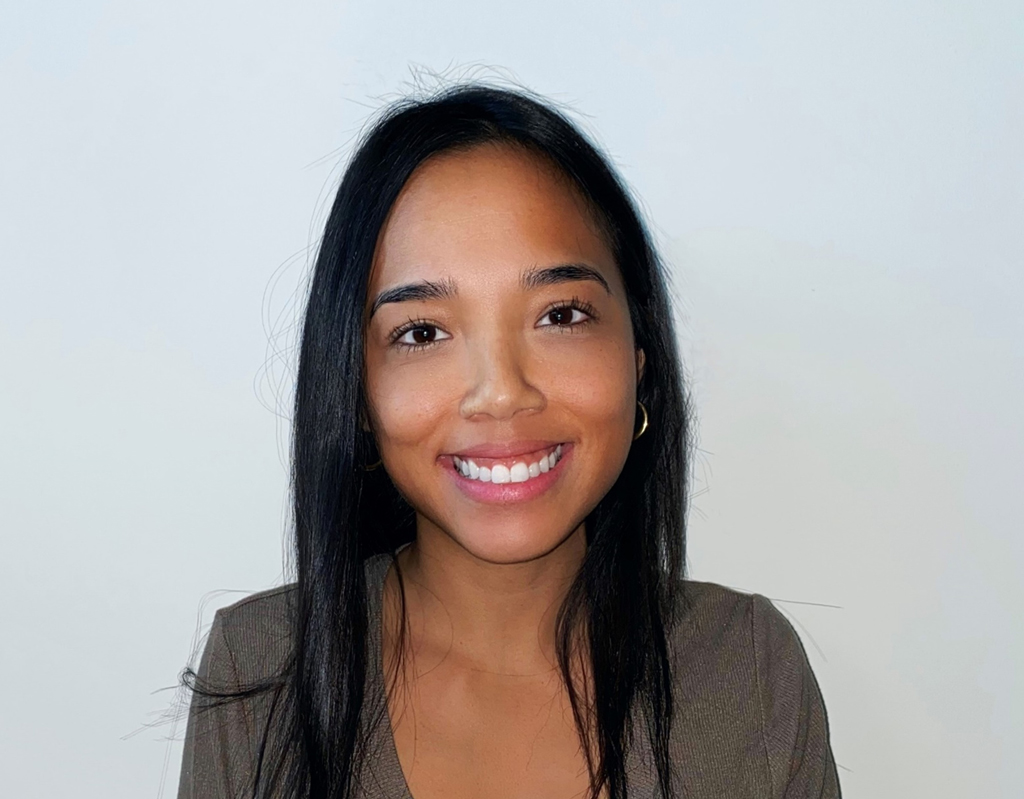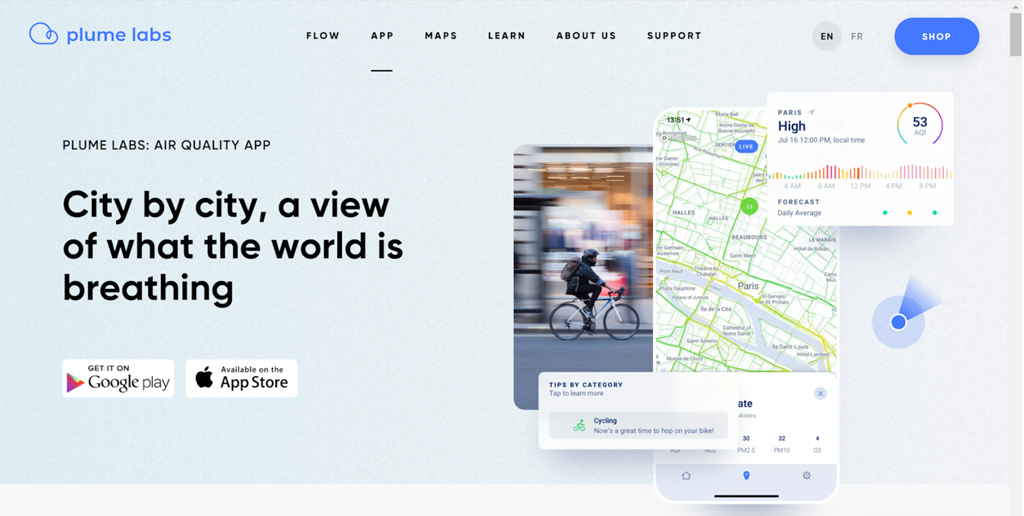Member Profile: Trang VoPham — Understanding the Spatial Context of Cancer

Medical geographer Trang VoPham appreciates “the seamlessness between the disciplines” of geography and epidemiology, particularly in the application of geospatial methods, including GIS, to charting and confronting public health risks.
VoPham, who simultaneously pursued a Ph.D. in epidemiology and a masters degree in geospatial methods, now conducts research at the Fred Hutchinson Cancer Research Center in Seattle, Washington. Her focus is understanding the influence of environmental factors associated with place or location on the incidence of disease in humans. On any given day, VoPham might find herself mapping measures of air pollution, analyzing demographic data across census tracts, or reading the latest publications on cancer.
Much of her recent research has been aimed at uncovering environmental factors associated with liver cancer. In the United States, VoPham notes that a high proportion of liver cancers are unexplained. Aflatoxins produced by different fungi are known to be important environmental causes of liver cancer in some parts of the world but there is an emerging awareness that chronic exposure to air pollution may also result in elevated risk.
Because cancers result from complex interactions of genetic, behavioral, and environmental factors, VoPham’s work is highly interdisciplinary. For example, in a study funded by the Prevent Cancer Foundation, she is working with investigators with expertise in geospatial science, environmental epidemiology, and health psychology to provide participants with their own air pollution sensors and an associated smartphone app that visualizes air quality in their vicinity.
During the study, the research group will provide participants with information about harmful health effects of air pollution and offer them general strategies and specific cues for reducing their exposures. In doing so, the research group aims to empower people with information to take control of their own health and then assess whether they act on that information.
When asked about the lessons of the COVID-19 pandemic for her own research, VoPham didn’t hesitate: “The COVID crisis has been a clear reminder to me of health disparities and the importance of addressing them in my work,” regardless of whether they are associated with geography, race/ethnicity, or some other factor.


